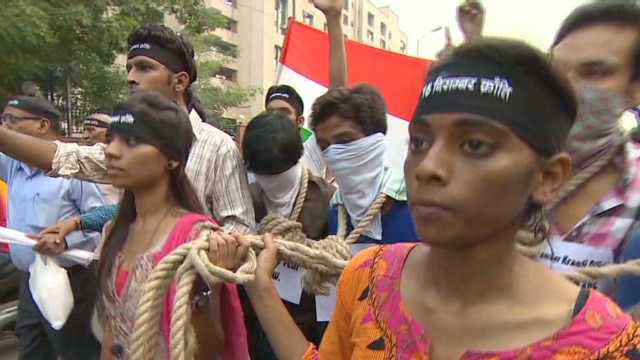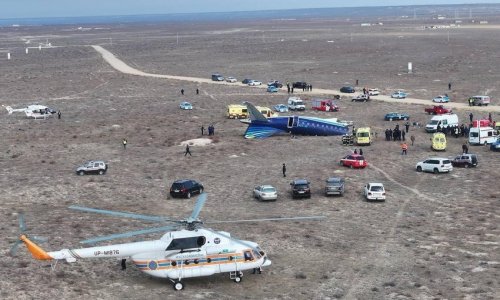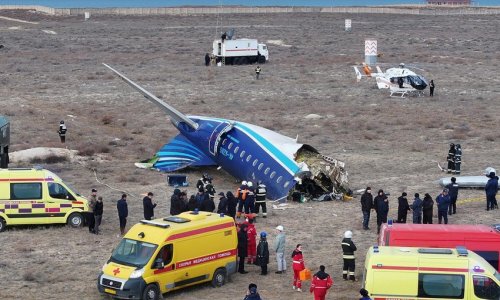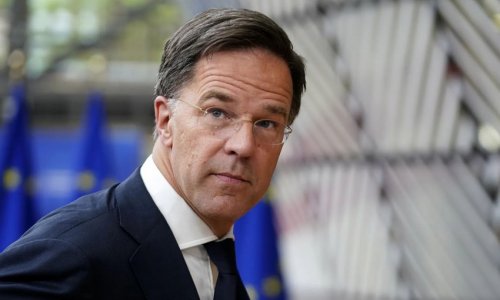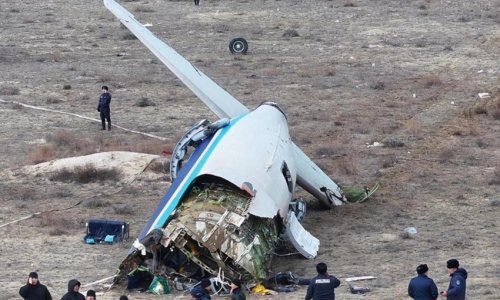India's Ministry of Information and Broadcasting has told all news channels not to air a controversial documentary about rape in India -- warning that the excerpts "appear to encourage and incite violence against women."
The BBC Storyville documentary was scheduled to air Sunday, but due to the "intense level of interest" in the program, the BBC aired it Wednesday in the UK on BBC Four "to enable viewers to see this incredibly powerful documentary at the earliest opportunity," the broadcaster said in a statement. The documentary was released online and the hashtag #IndiasDaughter was trending in the UK after it aired.
The documentary featured an interview with one of the men convicted in an infamous 2012 gang rape case that sparked massive outrage and protests in India.
An Indian court restricted the publication and airing of the film in India as well as the dissemination of excerpts from it after Mukesh Singh's comments were released in several media outlets. Singh appeared to show no remorse and blamed the rape victim for being out at night, according to the documentary called "India's Daughter."
"The media is likely to be seen as a voice for the perpetrator of such crimes by providing him a medium to communicate his views on the matter repeatedly," said a letter sent to media outlets by the Indian government.
Singh told the documentary crew that his victim "should just be silent and allow the rape."
"A decent girl won't roam around at 9 o'clock at night," he told the BBC. "A girl is far more responsible for rape than a boy. Boy and girl are not equal.
"Housework and housekeeping is for girls, not roaming in discos and bars at night doing wrong things, wearing wrong clothes."
He suggested that they "had a right to teach them a lesson."
Read: Convict blames victim, says he had right to teach a lesson
In a statement, India's home minister said the documentary crew violated the conditions granting the jail interview, which stipulated that the authorities be shown all unedited footage.
Home Minister Rajnath Singh told Parliament on Wednesday that permission would not be granted to anyone in the future to interview prison inmates after the uproar over the documentary.
"The government has taken necessary legal action and obtained a restraining order from the court disseminating the contents of the film," according to the statement.
In December 2012, a young woman was savagely attacked and raped by a group of men aboard a public bus in New Delhi and later died from her injuries. Mukesh Singh, who was driving the bus, is now on death row and has filed an appeal.
His comments in the documentary have stirred fierce debate about whether airing his interview gives him a platform to share his misogyny, versus those who say it increases awareness and understanding of the horror of rape.
Restricting free speech?
The documentary's director, Leslee Udwin, wrote that she was "deeply saddened" by attempts to silence the film.
"India should be embracing this film -- not blocking it with a knee-jerk hysteria without even seeing it. This was an opportunity for India to continue to show the world how much has changed since this heinous crime," she wrote for India's NDTV.
Udwin later spoke to NDTV, urging everyone to watch the film before rushing to judgment on it.
"I appeal to the Prime Minister to not let it go out of hand because it is getting out of hand. Countries around the world will very soon be saying: 'How dare India ban a documentary that is in the public interest?' I urge you to see the film as soon as possible," she said. "Please see the film and then talk about it."
Several supporters of the film echoed the notion that even airing the repugnant views increases awareness and points to a more systematic problem. One said that it is the role of journalism to report "on the sickness," and actress Freida Pinto asked: "Airing the truth a crime? How?"
(CNN)
ANN.Az
Follow us !

